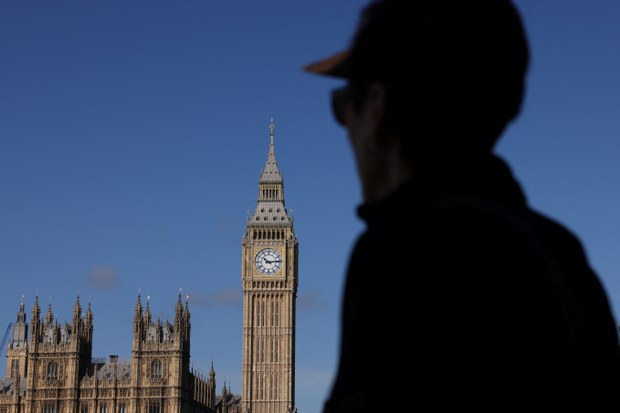A group of British lawmakers has proposed mandatory security training for all members of parliament and parliamentary personnel in order to prevent “foreign interference.”
“The new geopolitical axis, consisting of Iran, the Kremlin, Pyongyang and Beijing, brings with it many new challenges, including sanctions targeting lawmakers who oppose authoritarian regimes, digital attacks on their online and mobile networks, and malicious intent on social platforms attack and damage,” said Lord David Alton who was among several British MPs who put forward the training proposal to the Speaker of the House of Lords and the Speaker of the House of Commons.
“It’s a combination of intimidation, silencing and coercion. Add to this the fact that agents from hostile countries such as China have been revealed to be operating within Parliament.”
The proposal, drafted by the Inter-Parliamentary Alliance on China (IPAC), mandates that all lawmakers and personnel receive mandatory digital and operational security training on a regular basis, as well as the publication of a list of those who have failed to complete the training.
IPAC is an international cross-party group of legislators working towards reform on how democratic countries approach China.
It also recommends that relevant departments provide basic network security tools, such as VPNs, password management tools and screen protectors; regularly issue warnings to MPs about new phishing, malicious applications and other network attacks; and establish mechanisms to allow MPs to report information leakage and other situations, and assist in subsequent crisis management.
The proposal came after the director of MI5 and other intelligence chiefs from the Five Eyes Alliance issued a public warning about China’s espionage practices.
“I don’t think [British] MPs were very security conscious before because the foreign interference activities that have emerged in recent years are actually very new,” Glacier Kwong, head of Hong Kong security policy at IPAC, told RFA Cantonese. “I don’t think they have had much contact with Chinese or Russian interference in the past.”
She believes that as the U.K. general election approaches, foreign spies will become more active in their attempts to collect intelligence and influence policy formulation. And activities such as disinformation wars and flooding the social platforms of parliamentarians with spam messages will also become more prevalent, she said.
“As there are going to be new tactics, there are going to be more foreign interventions, and with the general election coming up, there are going to be more of these interventions, so the relevant departments are going to have to enhance their countermeasures,” Kwong added.

